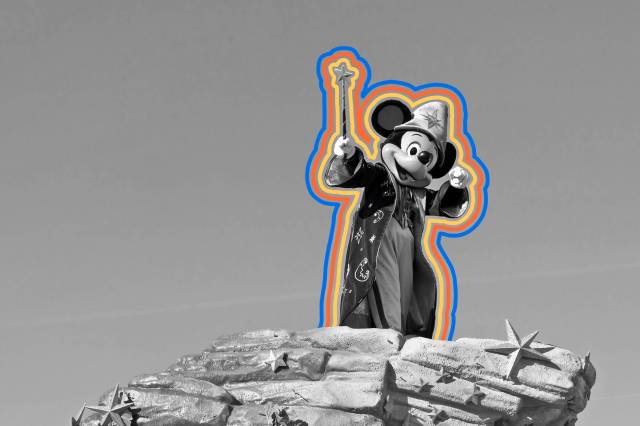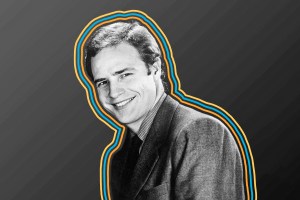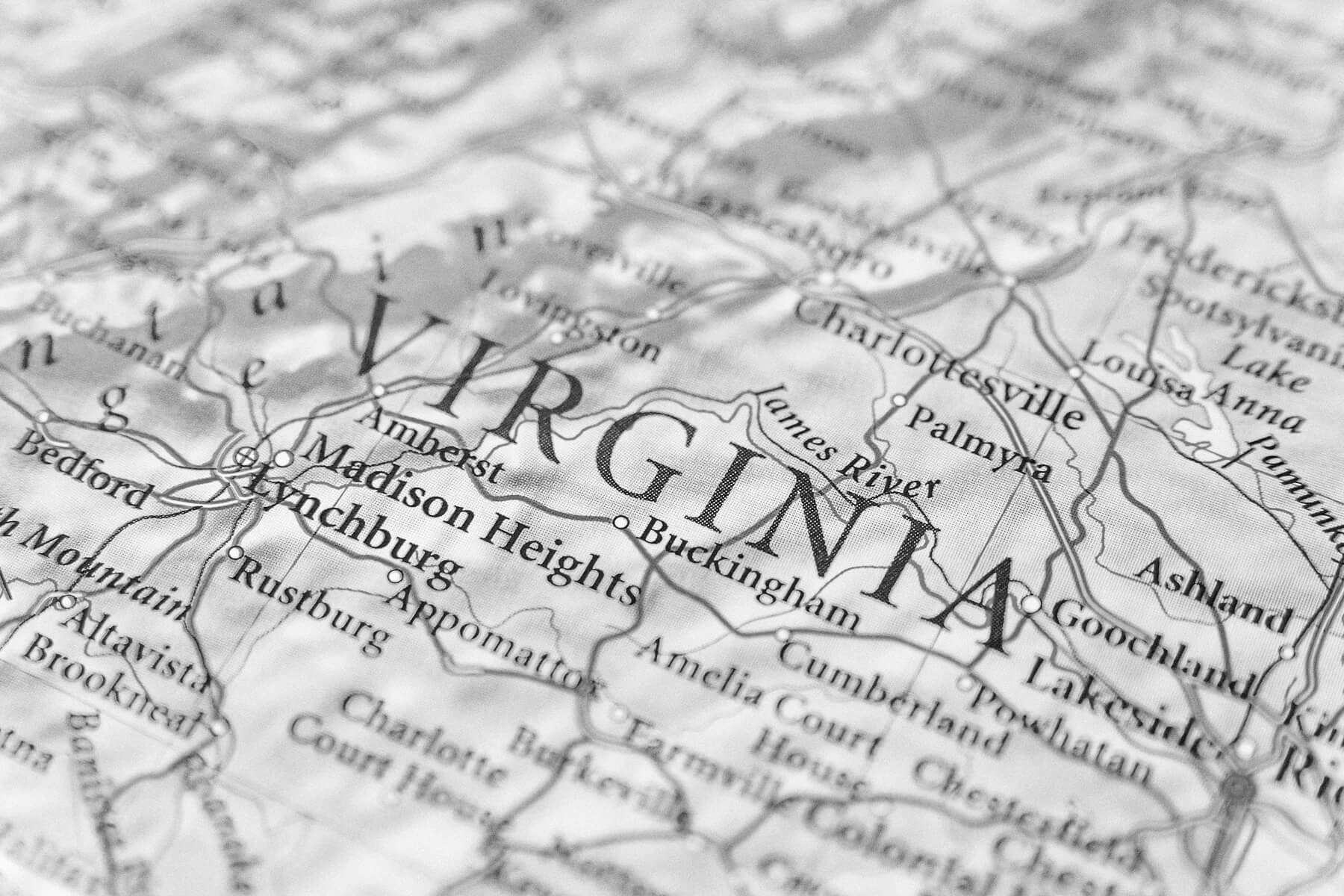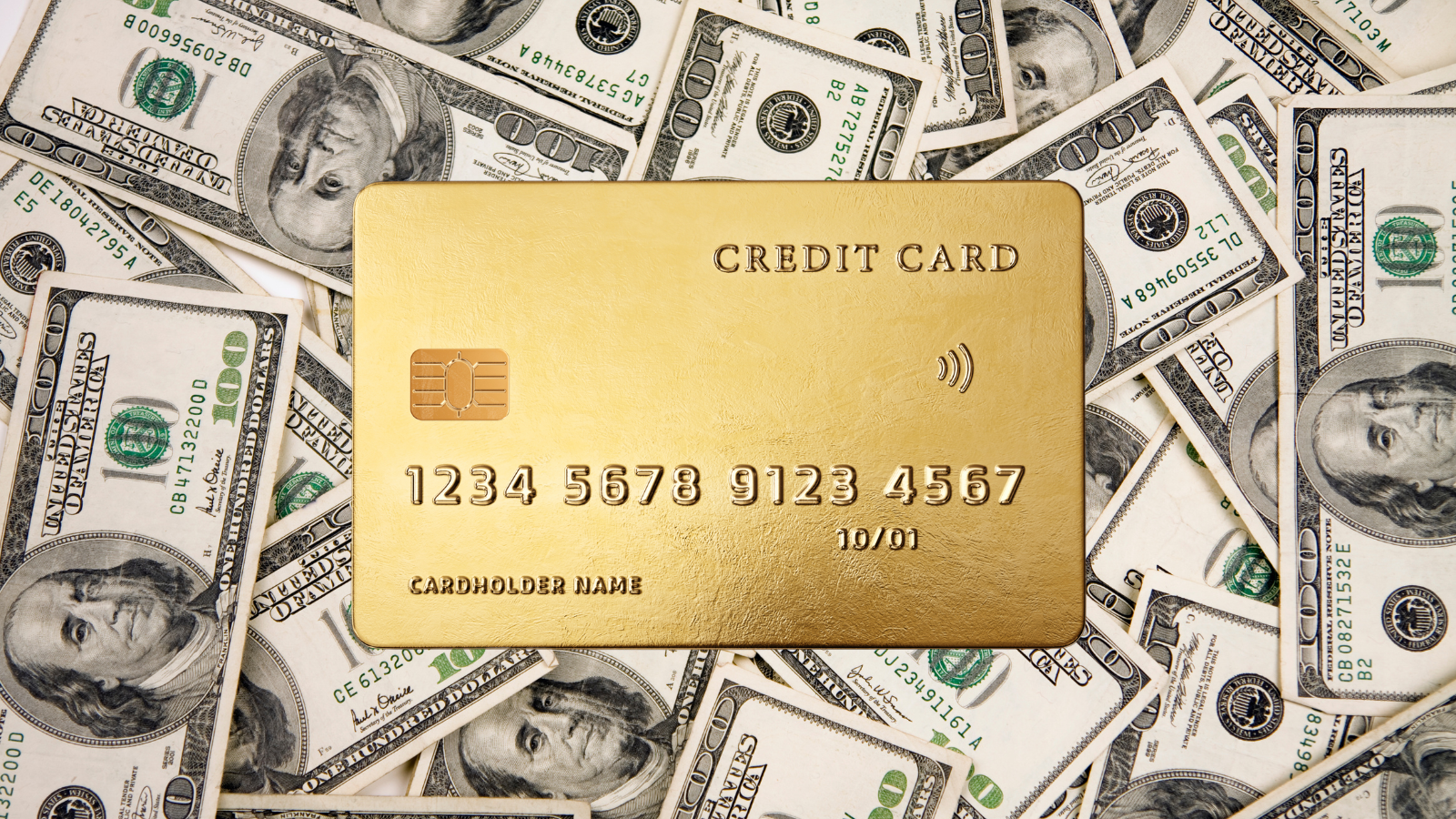
Animator Ub Iwerks Was Integral to Disney’s Early Success
Disney’s history is filled with the hard work of unsung geniuses, but none was as integral to the company’s foundational success as Ub Iwerks. Indispensable to Walt Disney since their days together at Kansas City’s Laugh-O-Gram Studio, Iwerks joined his friend in Hollywood in the 1920s to produce a groundbreaking live-action/animated series of short films called the Alice Comedies. Iwerks remained loyal to Disney after a distributor stole their creation of Oswald the Lucky Rabbit and hired away the studio’s animators. He’s credited with sketching the very first Mickey Mouse, and single-handedly animated the landmark 1928 Mickey cartoon Plane Crazy, with an output that reached 700 drawings in a single day. Although personal and creative differences prompted Iwerks to branch out on his own in 1930, he returned to the fold 10 years later as a special effects expert, and went on to bolster the studio’s animation capabilities with his innovations in optical printing and xerography.

Disney Has Created More Than 800 Films
More than 800 feature films have been made under the Disney banner since Snow White and the Seven Dwarfs hit theaters in 1937. The studio’s first full-length, live-action feature was Treasure Island, in 1950. Its first R-rated flick was Down and Out in Beverly Hills, developed under the then-recently inaugurated Touchstone Pictures subsidiary in 1986. Disney’s highest-grossing entry was (unsurprisingly) a Marvel movie, 2019’s Avengers: Endgame, while its highest-grossing animated feature also arrived that year with Frozen 2.

Disney Essentially Served as a Media Branch of the U.S. Military During World War II
After the attack on Pearl Harbor led to the requisitioning of Disney’s Southern California studio as an anti-aircraft base in late 1941, the company turned its focus to supporting the war effort. Several films produced during this time were used to train Army and Navy personnel; others, like Der Fuehrer’s Face (1943), were propaganda fare that portrayed stereotyped and inept versions of enemy leaders such as Adolf Hitler and Benito Mussolini. Additionally, the studio designed more than 1,200 insignia for various military units and helped raise funds by permitting its characters to appear on war bonds. All told, Disney was devoting more than 90% of its output to war-related material by 1943, enabling the studio to weather lean financial times and survive to deliver the next wave of classics, which included Cinderella (1950) and Peter Pan (1953).
More Interesting Reads

Disneyland’s Disastrous Grand Opening Was Dubbed “Black Sunday” by Employees
Although Walt Disney’s long-gestating dream of a theme park was realized with the televised grand opening of Disneyland in Anaheim, California, in July 1955, the disaster that unfolded was better suited for a nightmare. Most attractions remained unopened despite the rushed construction, and the sweltering heat transformed the fresh asphalt of Main Street, USA, into a sticky mess. Meanwhile, overcrowding from thousands of counterfeit tickets contributed to a 7-mile backup on the Santa Ana Freeway, and resulted in the park’s restaurants running out of food. But Disney remained unbowed by what was internally dubbed “Black Sunday,” and apparently so did the paying public: Disneyland surpassed 1 million in attendance just seven weeks later, and the company eventually doubled down on the theme park experience with the unveiling of Florida’s Walt Disney World in October 1971.

Disney Kick-Started the Careers of Numerous Celebrities
The House of Mouse has nurtured an impressive roster of young talents since Annette Funicello emerged as an original Mouseketeer in 1955. A teenaged Kurt Russell became a Disney film regular in the 1960s, before subsequent incarnations of The Mickey Mouse Club fueled the rises of mega pop stars Britney Spears, Justin Timberlake, and Christina Aguilera, along with A-list actor Ryan Gosling. Miley Cyrus and Olivia Rodrigo both starred on their own Disney shows before becoming chart-topping singers, while fellow Disney alums Zac Efron, Demi Lovato, Selena Gomez, and Zendaya achieved fame as musicians, actors, or both. And then there’s Steve Martin, who didn’t appear in a Disney feature until 1991’s Father of the Bride, but nevertheless learned to perform in public as a Disneyland employee from ages 10 to 18.

Disney Is a Very, Very Big Business
It’s been a long time since Disney was merely a studio of ink-stained animators and noisy voice actors, but even its visionary founder would likely be staggered by its multifaceted presence across numerous businesses today. Along with resorts in Paris, Tokyo, Hong Kong, and Shanghai, the Mouse Kingdom oversees a line of cruise ships, Hollywood Records, the Adventures by Disney travel company, and the Steamboat Ventures venture capitalist firm. Among its media subsidiaries, Disney owns 20th Century Studios, ABC, National Geographic, LucasFilm, and the massive cash cow that is Marvel Studios. Altogether, the century-old conglomerate was valued at just under $150 billion as of September 2023.











